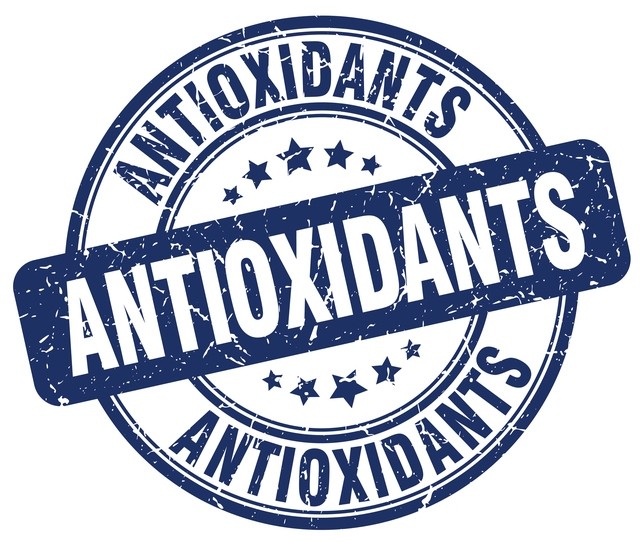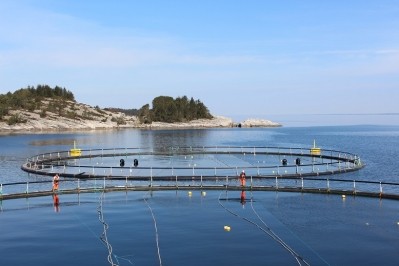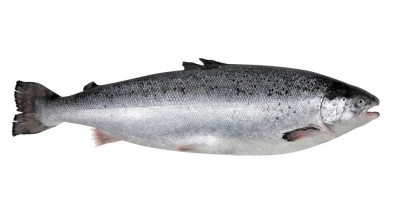Ethoxyquin authorization suspended in the EU – are there viable alternatives?

In April this year, the SCOPAFF committee debated the issue, a vote subsequently took place and that resulted in an opinion favoring suspension, not a ban of the additive in the use of feed for all animal species and categories in the EU.
Ethoxyquin (EQ) is added primarily to fishmeal as antioxidant, the benefit of this use being twofold.
It preserves fishmeal and fish oil from the oxidation of highly unsaturated fatty acids including EPA (eicosapentaenoic acid) and DHA (docosahexaenoic acid), better known as omega-3 fatty acids, which are known to promote health in both animals and humans;
It prevents the spontaneous combustion of fishmeal during transport and storage - the International Maritime Organization (IMO) requires that an antioxidant be added to fishmeal prior to shipping to ensure safe transportation and storage of this raw material. Only two antioxidants are permitted: EQ and butylated hydroxy toluene (BHT) and, according to the IFFO, EQ is the most widely used antioxidant at this time.
Those discussions arose out of the original EFSA opinion on ethoxyquin, from November 2015, concluding there was a lack of data to fully assess the safety of the substance, including its metabolites, and the presence of an impurity, p-phenetidine, which is a possible mutagen [substances causing mutations in the genetic material of both animals and humans].
The EU risk assessor determined that, due to the manufacturing process, p-phenetidine remains in the feed additive. EFSA is now awaiting a complete set of supplementary data from the FEFANA antioxidants authorization consortium - the ANTOXIAC group — before it re-evaluates the safety of the fishmeal antioxidant. FEFANA, commenting previously, said producers had also worked to reduce the concentration of p-phenetidine in ethoxyquin.
Safety data submission ongoing
“The formal suspension doesn’t really change much about the reauthorization process. It simply gives the applicant a window of time to supply the safety data to inform the final opinion of EFSA on ethoxyquin. ANTOXIAC began the data gathering exercise over a year ago, and IFFO contributes to the research costs involved,” said Dr Neil Auchterlonie, technical director at the marine ingredients organization, the IFFO.
He said based on the safety data submitted, the Commission may still decide to uphold the authorization of the feed additive.
The Commission has included specific transitional measures for certain feed materials in the regulation, meaning that ethoxyquin and premixtures containing it, intended to be incorporated into certain feed materials, may continue to be placed on the market until the end of September 2019.
“It appears that a substitution of ethoxyquin by suitable alternative antioxidants could not be undertaken immediately, as the currently authorized alternative antioxidants do not possess the same characteristics as ethoxyquin, in particular as regards effectiveness and the concentration of active substance needed, duration of action, process behavior but also in terms of production costs.
“Consequently, a certain time is needed in order to allow operators to evaluate and test the functionality of alternative antioxidants through new formulations and to adapt the production process to the inclusion of those potential alternative substances,” noted the EU risk manager.
Auchterlonie said the IFFO will continue to research and provide the market with updates on how effective are alternatives to ethoxyquin such as BHT and tocopherols, and it will advise the shipping regulators of the same.
'EU regulatory landscape not supportive of innovation'
“The current view, though, is that there is very little activity in terms of the development of new antioxidant compounds. The regulatory landscape in the EU, as it stands, does not support such innovation - the EU feed additive registration process is both expensive and time consuming and there are very few structures in place to allow generic compound producers to recoup investment costs,” he argued.
Moreover, a knock-on effect of the notice to suspend the existing authorization of ethoxyquin might be increased scaremongering by consumer groups: “That can be difficult to manage. A scenario could emerge whereby the market might have to adapt to unfounded consumer concerns, and ethoxyquin would be phased out on that basis, regardless of any data confirming the safety of its use in feed,” he said.









